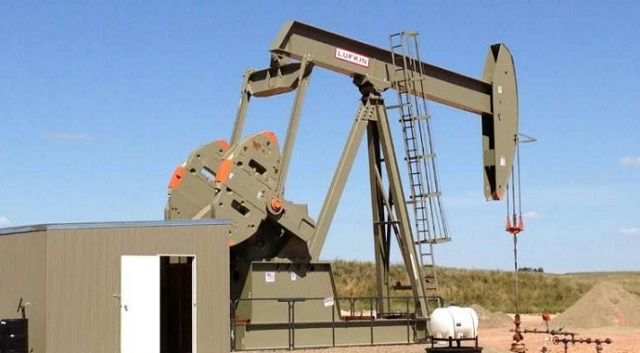
Paris, France | AFP | A major deal allowing a company to drill for crude reserves in areas of the Democratic Republic of Congo bordering Africa’s largest protected rainforest may contravene the country’s own oil law, a watchdog said Friday.
The transparency group Global Witness said that an agreement signed in 2007 between the government and Compagnie Miniere Congolaise SPRL (CoMiCo) and approved in February 2018 by outgoing president Joseph Kabila could be considered void as it was forged under outdated legislation.
The NGO also warned of the potentially catastrophic environmental damage were a large-scale industrial project surrounding part of the famed Salonga National Park to go ahead.
DR Congo, a vast, mineral-rich nation plagued by unrest, passed new legislation in 2015 requiring future oil contracts to pay an annual area tax of $100 per square kilometre where a company conducts oil exploration.
Global Witness said that under the agreement CoMiCo needs to pay just $2 per square kilometre per year — a rate the watchdog said would leave the treasury of the impoverished state short millions of dollars.
In addition, the 2015 law states that 35-45 percent of profit oil — the share of production left after costs have been deducted — should go back to national stocks.
Signed under legislation dating to 1981, CoMiCo’s agreement grants only a 30 percent share of profit oil on the first eight million barrels produced, according to the NGO. The tax rises to 40 percent for anything after that.
Global Witness said that the declaration of Kabila, who was replaced by his chosen successor Felix Tshisekedi after much-delayed elections in December, left the deal in need of review as it contained several provisions out of line with the new oil law.
“The questionable manner in which this contract was approved during a crucial election year in DRC raises real concerns about the way the country’s oil sector has been managed,” said Peter Jones, team leader at the pressure group.
A lawyer for the company told AFP that the claims made against CoMiCo were “unsubstantiated” and said it was “a responsible company and as such subscribes to best practice”.
“We are confident that, following its ratification by presidential decree, the (agreement) is valid,” the lawyer said.
“Without going into the legal intricacies which support our position… it would be incongruous for a state to ratify an act which would be illegal under its own laws.”
– ‘Massive devastation’ –
Global Witness said the agreement allows CoMiCo to explore DR Congo’s vast untapped oil reserves in three land blocks, including one that skirts or impinges upon hundreds of kilometres of protected park.
Salonga — a UNESCO World Heritage Site — is Africa’s largest contiguous area of protected rainforest and home to 40 percent of Earth’s bonobo apes, among several other endangered species.
CoMiCo says it has no intention of drilling within the boundaries of the national park.
But Jones said there was reason to worry after the government announced the creation last year of a commission to examine options for shrinking the area of the Salonga and the Virunga National Park to allow oil exploration.
“Any oil exploration in the park or its surroundings opens up the risk of massive environmental devastation in a fragile ecosystem, the preservation of which is vital to the survival of local communities and the prevention of climate breakdown,” he told AFP.
CoMiCo’s lawyer reiterated the company’s “clear commitment to not drilling in the national park.”
AFP requested comment from the environment ministry but has yet to receive a response.
 The Independent Uganda: You get the Truth we Pay the Price
The Independent Uganda: You get the Truth we Pay the Price





